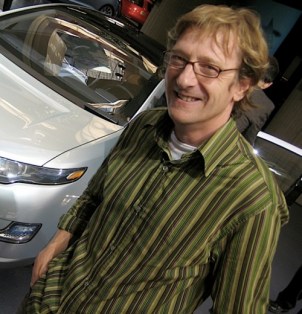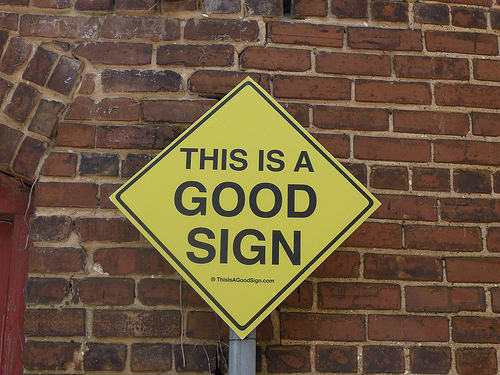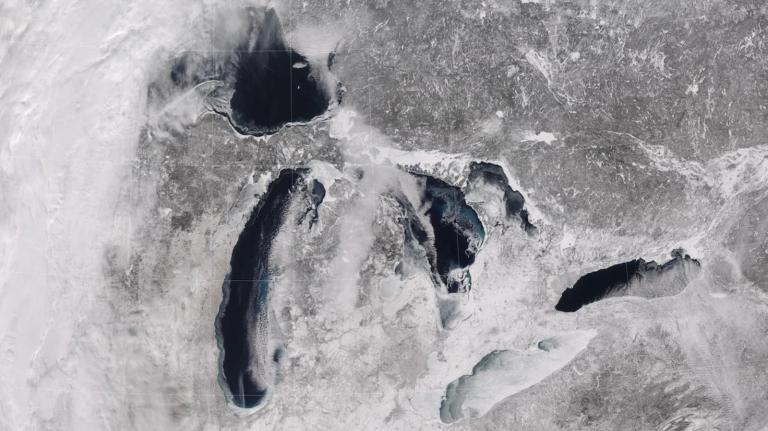How to explain the Gingrich resurgence in South Carolina? He harnessed anger and showed strength.
In an editorial, The New York Times calls his appeal to anger “the lowest form of campaigning.”
I disagree. I think the lowest form of campaigning — the deadliest poison coursing through the American body politic — is cynicism.
Now, Newt is the most cynical candidate in the race. This guy has a distinct advantage over Mitt Romney, because he doesn’t have enough shame to feel uncomfortable when he’s lying. (At least Mitt squirms.)
But he didn’t win South Carolina with cynicism. He won it by spraying a righteous can of whup-ass all over CNN debate moderator John King.
And, stunningly, when Rick Santorum accused him of grandiosity, Newt gobbled it up. “This is a grandiose country of big people doing big things.” He crushed his opponents by appealing to, of all things, our bigness!
Never mind that “grandiose” means not big, but “pompous,” “overblown.” Newt’s point was that we as a nation have big things to do. And I take heart from the fact that people will vote for a guy who makes that point, in an era when the scale of our collective vision is spiraling down toward the drain in Grover Norquist’s infamous bathtub.
In the debate Thursday night and in the spin room afterwards, Santorum offered a trenchant political argument about why Gingrich’s “grandiosity” is a liability: Newt will make himself the issue. The Republicans are more likely to win, says Santorum, if they make Obama the issue (i.e, if they campaign against government, if they appeal to cynicism). This is a corollary of the modern political truism: Nobody likes negative campaigning, but it works. I suspect most seasoned political professionals would agree with this assessment.
But in offering this cogent political diagnosis, Santorum sounded more like a campaign strategist than a president. The voters, as it turned out, didn’t want shrewd political tactics from a guy who is squeamish about making himself the issue. They wanted the loud guy, the angry guy, the guy who wants to kick some serious butt and do big stuff.
Santorum’s social conservatism should have given him a distinct edge in South Carolina, yet Newt cleaned his clock as the “not-Mitt” favorite because he projected something of size and ambition and determination.
Look, I’m not here to celebrate the politics of anger. And I’m certainly not here to celebrate Newt. Newt is as cynical as they come. But he won the South Carolina primary by hiding that fact. He won by coming up large and mad. He won by tapping into voters’ hunger for boldness and ambition — even in this case if it’s only ambition to thrash Obama and government. He won big!
My point (finally! obliquely!) is this: I find hope in what South Carolina’s Republican voters just did, because there is no way to tackle global warming in a world of hopeless cynicism, a world of radically diminished expectations.
Many individual climate solutions are small. But the idea of “climate solutions” is void unless we can think big — as big as the problem — and believe that we can act collectively at the appropriate scale.
Anger is not inconsistent with that belief. That Newt Gingrich would harness anger at “the Establishment” to propel his campaign is, of course, the height of hypocrisy. And anger can certainly be used to block solutions at least as easily as it can be channeled to advance them. But anger, unlike cynicism, is consistent with the scale and determination that we must bring to our civilization’s epic confrontation with the climate crisis.
Cynicism is the right hand of smallness and futility. It is the most potent weapon against climate solutions at scale. And our politics generally celebrates and reinforces it. But something different prevailed in South Carolina.
Notwithstanding the puniness of our politics, voters responded to Newt because they are still hungry for something big. Yes, Newt would surely manipulate that hunger for big bad things (like, say, Newt). But when the hunger dies, there is no hope for big good things, like, say, climate solutions.
—–
See also:
- Time to be angry, not cynical, about corporate money in politics
- Gingrich’s views on climate, EPA, and ‘green conservatism’





